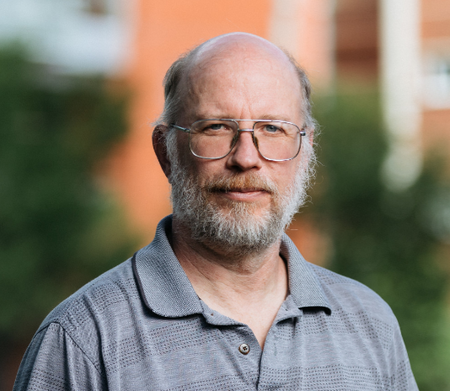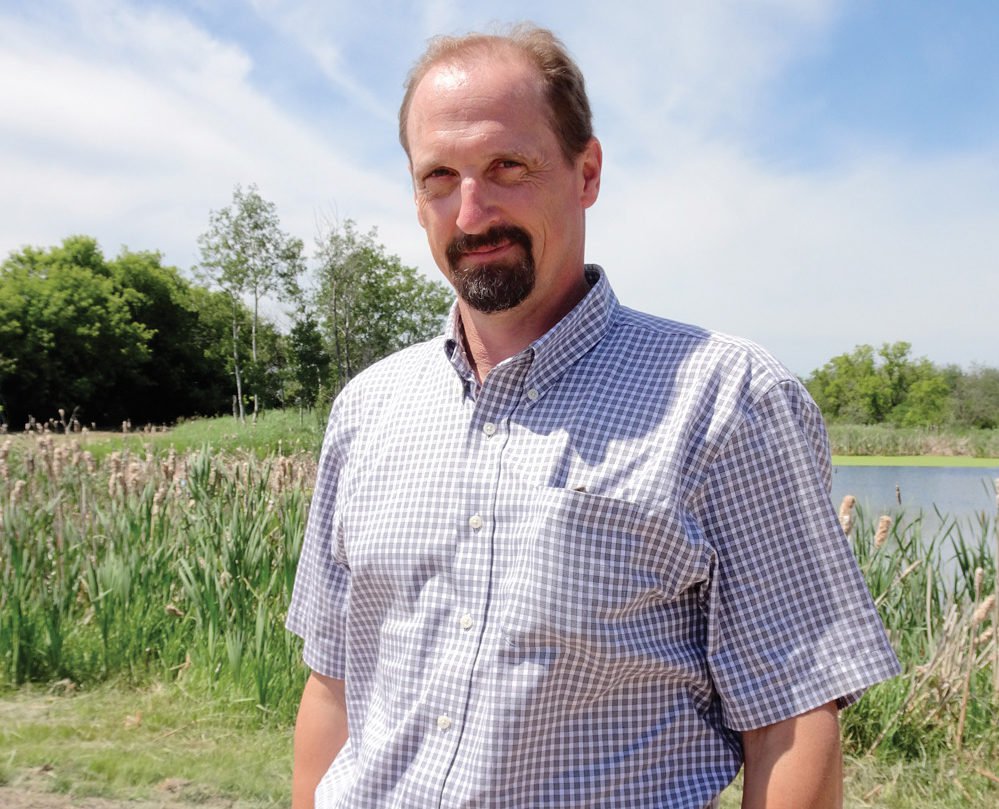David Wishart (co-investigator)Professor Departments of Computing Science and Biological Sciences University of Alberta Edmonton AB, T6G 2E8 Office: 341 Athabasca Hall Canada Tel: 780-492-0383 | Professor in the Departments of Biological Sciences and Computing Science and a Fellow of the Royal Society of Canada. His extensive research interests encompass a wide range of fields, including metabolomics, proteomics, genomics, bioinformatics, analytical chemistry, food chemistry, natural product chemistry, molecular biology, protein chemistry, structural biology and nanotechnology and neuroscience. Some of his lab's most significant contributions have been in the area of protein chemical shift analysis and the prediction of protein structure. Dr. Wishart led the "Human Metabolome Project" (HMP), a comprehensive initiative involving multiple universities and investigators aimed at cataloging over 250,000 human metabolites in various human tissues and biofluids. | Vanessa Neveu, Geneviève Nicolas, Reza M Salek, David S Wishart, Augustin Scalbert. Exposome-Explorer 2.0: An Update Incorporating Candidate Dietary Biomarkers and Dietary Associations With Cancer Risk. Nucleic Acids Res. 2020 Jan 8;48(D1):D908-D912. DOI: 10.1093/nar/gkz1009. PubMed: 31724701 Wishart DS, Li C, Marcu A, Badran H, Pon A, Budinski Z, Patron J, Lipton D, Cao X, Oler E, Li K, Paccoud M, Hong C, Guo AC, Chan C, Wei W, Ramirez-Gaona M. PathBank: a comprehensive pathway database for model organisms. Nucleic Acids Res. 2020 Jan 8;48(D1):D470-D478. DOI: 10.1093/nar/gkz861. PubMed: 31602464 DS Wishart. NMR metabolomics: A look ahead. J Magn Reson. 2019 Sep;306:155-161. DOI: 10.1016/j.jmr.2019.07.013. PubMed: 31377153 Abdul-Hamid Emwas, Raja Roy, Ryan T McKay, Leonardo Tenori, Edoardo Saccenti, G A Nagana Gowda, Daniel Raftery, Fatimah Alahmari, Lukasz Jaremko, Mariusz Jaremko, David S Wishart. NMR Spectroscopy for Metabolomics Research. Metabolites. 2019 Jun 27;9(7):123. 23DOI: 10.3390/metabo9070123. PubMed: 31252628 Rosa Vázquez-Fresno, Albert Remus R Rosana, Tanvir Sajed, Tuviere Onookome-Okome, Noah A Wishart, David S Wishart. Herbs and Spices-Biomarkers of Intake Based on Human Intervention Studies–A Systematic Review. Genes Nutr. 2019 May 22;14:18. DOI: 10.1186/s12263-019-0636-8. PubMed: 31143299 Lipfert M, Rout MK, Berjanskii M, Wishart DS. Automated Tools for the Analysis of 1D-NMR and 2D-NMR Spectra. Methods in Molecular Biology (Clifton, N.J.). 2019. 2037: 429-449. DOI: 10.1007/978-1-4939-9690-2_24. PubMed: 31463859
|
|
Roy Golsteyn (Co-Investigator)Professor Biological Sciences Department University of Lethbridge | Dr. Roy Golsteyn directs the Cancer Cell Laboratory and the Natural Product Laboratory at the University of Lethbridge, in Lethbridge, AB. He completed his PhD in Biochemistry at the University of Cambridge, under Sir Tim Hunt (Nobel Prize, 2001) and continued his studies in cancer research at the Curie Institute in Paris, France. He was employed as a senior scientist in drug discovery in the pharmaceutical industry. Dr. Golsteyn was the Technology Board Member for Economic Development Lethbridge and currently sits on the Board of Directors of 1st Choice Saving and Credit Union in southern Alberta. He was Chief Judge for the 2013 Canada-Wide Science Fair, which is committed to cultivating innovation in Canadian youth. He currently leads a research team in basic research and its application to health and disease at the University of Lethbridge, where he is an Associate Professor. He holds 5 patents, over 80 scientific publications, and has held research grants from private, provincial and national agencies including NSERC, Human Frontiers, and the Canada Foundation for Innovation. |
|
Stephen Jones (co-investigator)Interim Department Head, BCGSC Co-Director, Head of Bioinformatics BC Cancer Reserch Institute | Dr. Jones’ research program is firmly entrenched in genome science to better understand the complete mutational landscape of cancers. His primary aim is to help uncover the diversity of genetic and genomic events that accrue to give rise to cancers, and which also encourage their evolution and maintain their progression. His laboratory extensively analyzes Next Generation genome and transcriptome data to achieve these goals. Dr. Jones has developed a number of novel computational approaches and methodologies to this end and has provided numerous insights into cancer dynamics, potential biomarkers and therapeutic targets. A significant part of Dr. Jones research program relates to developing more precise cancer treatments by exploiting an individual’s specific cancer genome profile. His research has identified numerous epigenetic targets that have the potential to be modulated in such a way as to reverse the effects of mutations within a cancer genome. Using computational approaches, his research team has identified and refined compounds that modify epigenetic programs in cancer. His laboratory also acts as a data analysis centre for the Canadian Epigenetics, Environment and Health Research Consortium (CEEHRC). |
|


